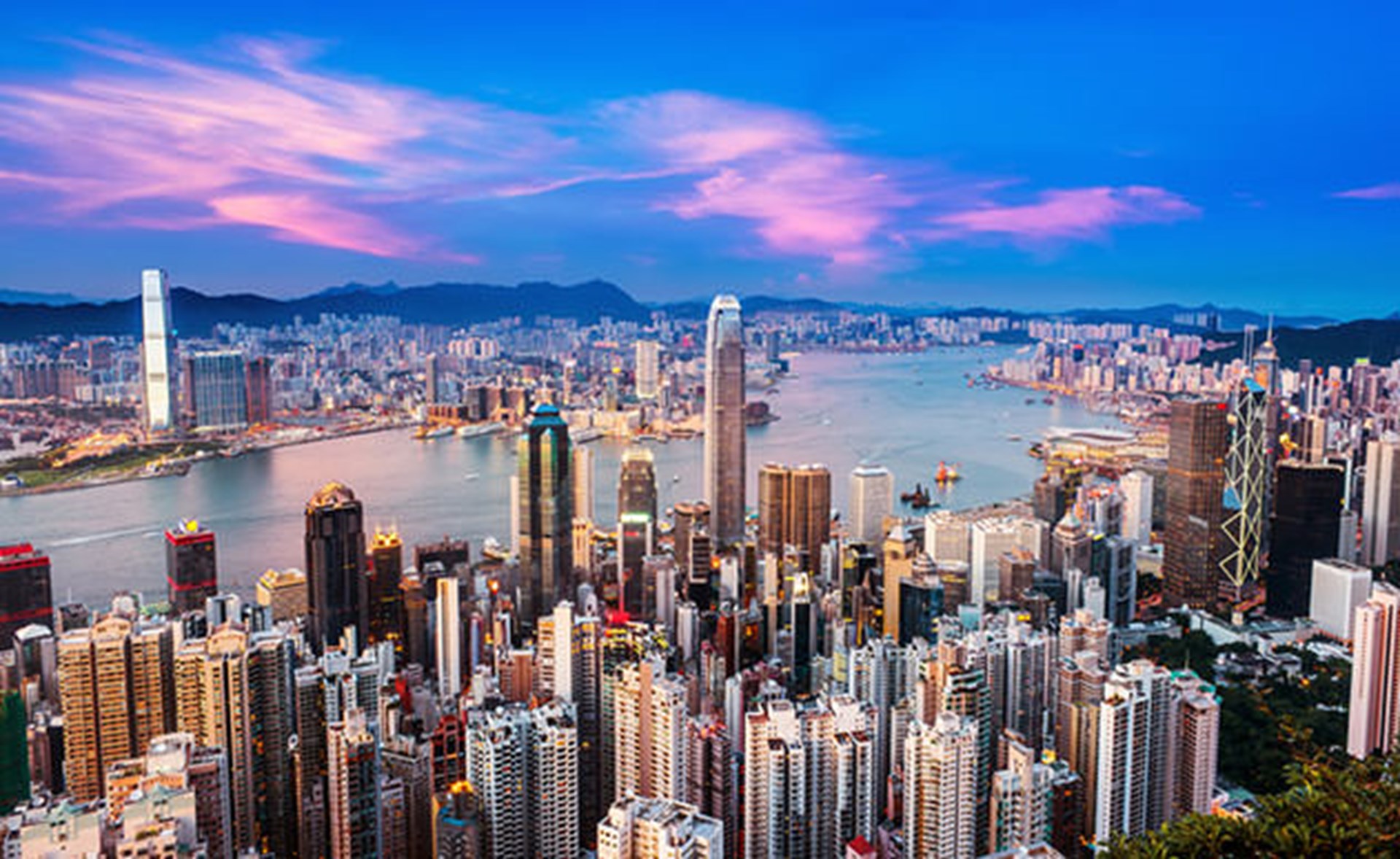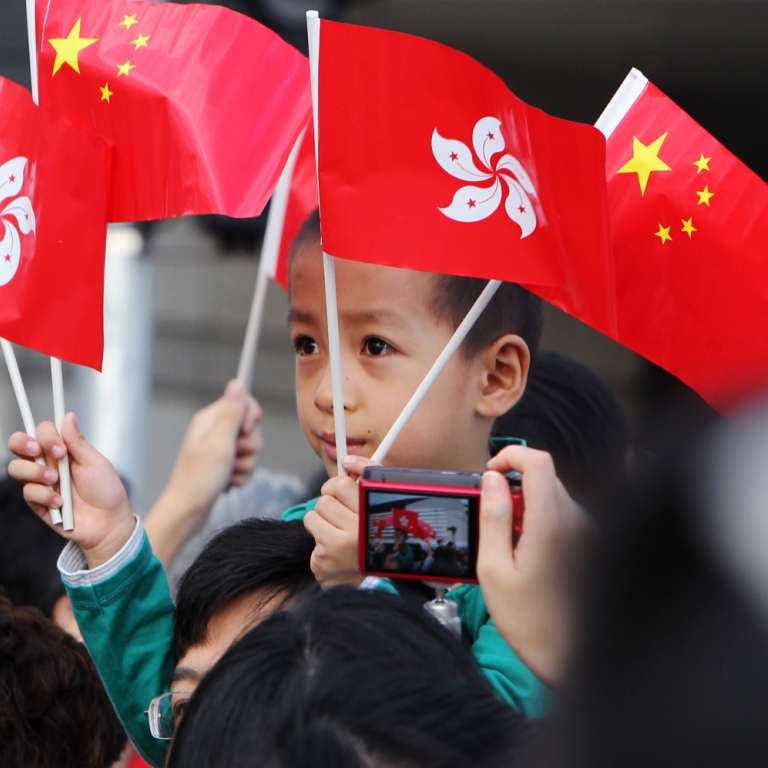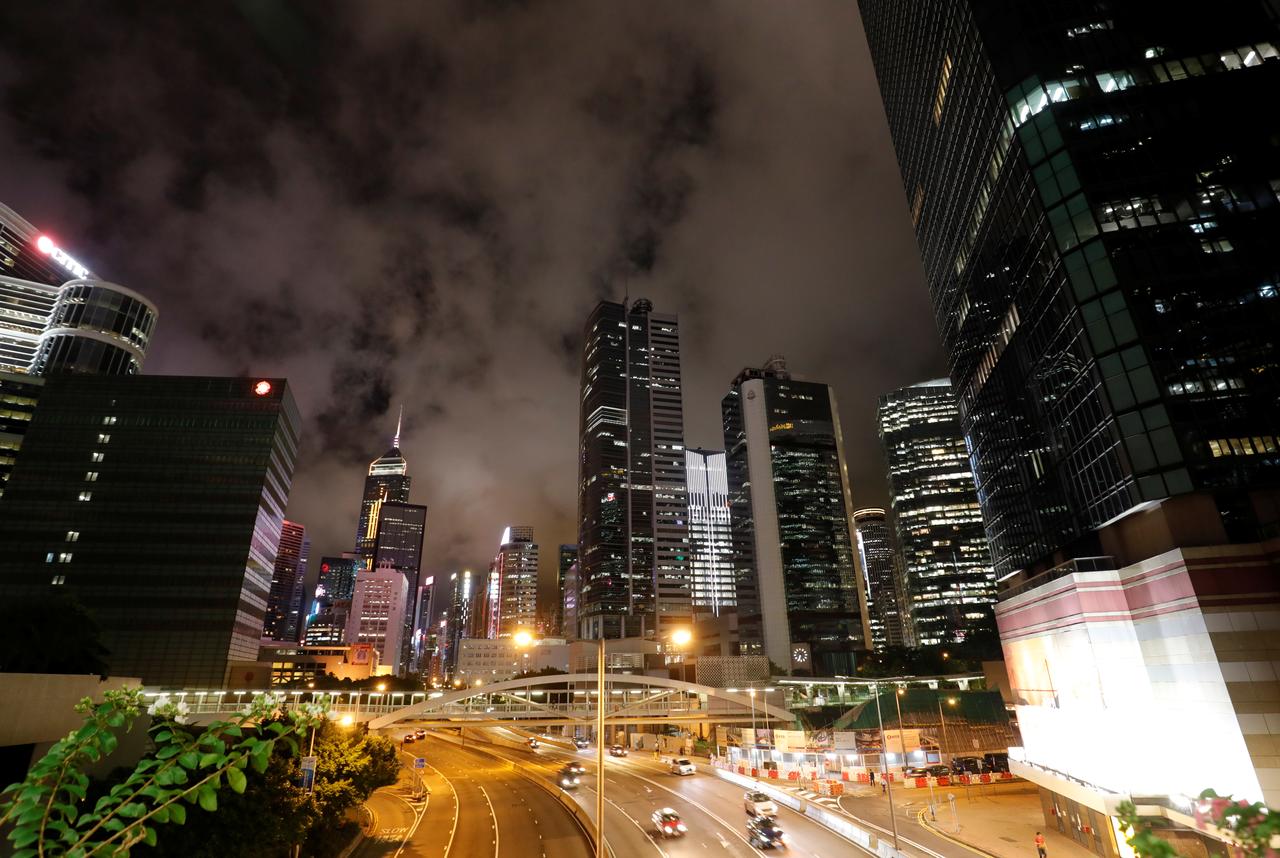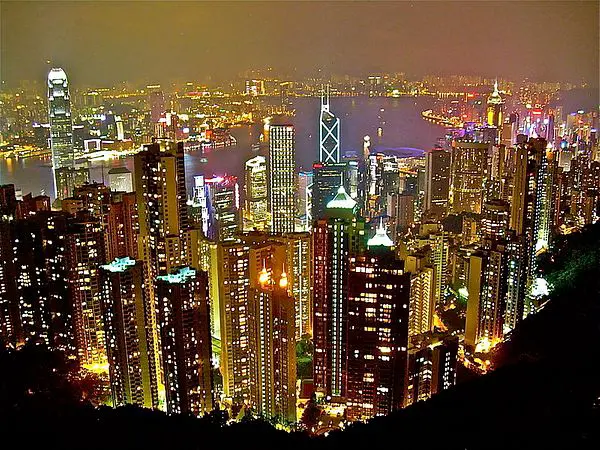Editor's notes: the author is Prof. Engr. Zamir Ahmed Awan, Sinologist (ex-Diplomat), Editor, Analyst, Non-Resident Fellow of CCG (Center for China and Globalization), National University of Sciences and Technology (NUST), Islamabad, Pakistan.
Japan has decided not to join the United States, Britain, and others in issuing a statement scolding China for imposing a new security law, Kyodo news agency reported on June 7, 2020 (Sunday), citing officials from countries involved. The United Kingdom, the U.S., Australia, and Canada condemned China on May 28 for imposing a law that they said would threaten freedom and breach a 1984 Sino-British agreement on the autonomy of the former colony.
Japan made a wise decision and appreciated widely. Japan is a neighbor of China and can not afford rivalry, although Japan is a close ally with the U.S. and partners in Indo-Pacific Treaty but wanted to reduce tension. Japanese decision will enable stability, and smooth development of not only China and Japan but will help the whole region.
Situated on the southeast coast of China, Hong Kong's strategic location on the Pearl River Delta and the South China Sea has made it one of the World's most thriving and cosmopolitan cities. Hong Kong was part of China, but after the First Opium War in 1842, ceded to Britain. From its earliest days as a British colony, Hong Kong served as a center of international trade. Being a free-port, it became an economic, commercial, and industrial hub for the whole region. Services Industry and tourism boosted exponentially.

Under the principle of 'One Country, Two Systems,' Hong Kong became a Special Administrative Region of the People's Republic of China on July 1, 1997, as a result of lengthy negotiations between China & Britain, in 1984, signed the Sino–British Joint Declaration on the future of Hong Kong. This arrangement allows the city to enjoy a high degree of autonomy, including retaining its capitalist system, an independent judiciary, and the rule of law, free trade, and freedom of speech. However, Defense, foreign policy, and some of the other important sectors were being looked after by China.
I use to travel to Hong Kong in the 1980s when I was a student in China and still recall those memorable days. It was one of the most prosperous places in this part of the World. Being a free port, Hong Kong was the hub of commercial activities; transit trade was a routine matter. For the light industry, especially the electronics industry, Toys, Garments, Foot-wear, Hong Kong was the ideal place, as it requires a little space to set it up. The small and medium-sized industries were flourishing, while import and export business was a significant contributor to the economy. The services sector was excellent and playing a vital role in the domestic economy.
My visits to Hong Kong were always comfortable, and I did enjoy each one of my trips in the 1980s. People of Hong Kong were friendly and polite. The people focused on their job, business, and how to create wealth. They were not interested in politics and were much more interested in making money. Money making was their favorite hobby, and hard work was their motto. They were honest in dealings and fair in business. Due to lack of space, Hong Kong was one of the most densely populated places in Asia, so people were much more accommodative and tolerant of each other. They enjoyed Western culture but keeping their Asian traditions alive too. Overall it was a moderate, well-cultured society and prosper place.

I have also been to Hong Kong after its return to China during my diplomatic assignment in Beijing, China. I noticed that prosperity was intact, law and order were well managed, business activities were running smoothly. It seemed the people were quite satisfied. Of course, I noticed improved infrastructure, more cleanliness, etc. But overall, the society was calm as usual. I do not remember any incident of unhappiness, dissatisfaction, or rebellious thoughts. My last visit was in 2014, but I could not predict any trouble.
Therefore, the current unrest in Hong Kong is beyond my understanding. It is not uncommon to see a small group of people protesting against specific policies. We see this frequently in Pakistan and many other parts of the World as a routine matter. There are always discussions between protesters and officials. After meeting the few demands of protesters, the government always disperses the protesters, and the issues are settled without any ill-feelings from either side. It never happens that all demands of the protesters are genuine and must be met. There are always compromises between the authorities and protesters.
In the case of the current crisis in Hong Kong, even after the government agreed to meet the protesters' original demands, the demonstrators, instead of calming down, began raising more demands. It is very easy for a government of any country to use force and disperse the protesters, and it has been happening in many parts of the World. But the Chinese government has maintained restrain and patience and has not used force. On the other hand, it is against the temperament of Hong Kong people to prolong such protests for so long. They are damaging the Hong Kong economy, routine life, and disturbing the peace-loving residents.

How have protests gone on for so long, and sustained for such a long period? The reader knows the answer. There is sufficient evidence of foreign hands and backing; no one can deny them. China's declared policy is peace and stability; it is also part of their long term strategy, to not to involve in any conflicts or wars. China wanted to focus all of its energies only on its economic and social developments. China kept its eyes closed, or over-looked on some of the disputes, to put them on back burners, just to move forward with its vision of peace-full developments. The World has recognized the peace-full rise of China and usually referred to as a role model in developing countries.
Honk Kong is vital for the further development of China and already contributing a positive role. China never wanted to destabilize Hong Kong. China wanted to make Hong Kong more prosperous and stable, as it did with Macao. China has set up a model of Maco already and wanted to make Hong Kong another model. It will lead toward the reunification of Taiwan.
China observed considerable constraints and patience in the case of Hong Kong, but the foreign hands are not allowing to settle the crisis. They are adding fuel to the fire, funding a few trouble makers, and instigating them for damaging the peace, stability, and prosperity of Hong Kong. Under no other choice, China has to introduce new laws to curb on foreign interference. China has no plans to change the status of Hong Kong; it is not in their interests. The new legislation will not change the status of Hong Kong, and will not harm the locals at all. It will only limit the foreign interference.
Some of the countries wanted to contain China, resist China's rise, and harm China, are exploiting Hong Kong issues to make China bleed. Enemies!
It is believed China has already surpassed that threshold where any country can coerce China. Foreign Powers must understand, such exercise will be futile and ineffective. China possesses the capacity to handle its domestic issues rationally and calmly. Hong Kong will prosper! Hong Kong will have a bright future!
(ASIA PACIFIC DAILY)
 简体中文
简体中文

